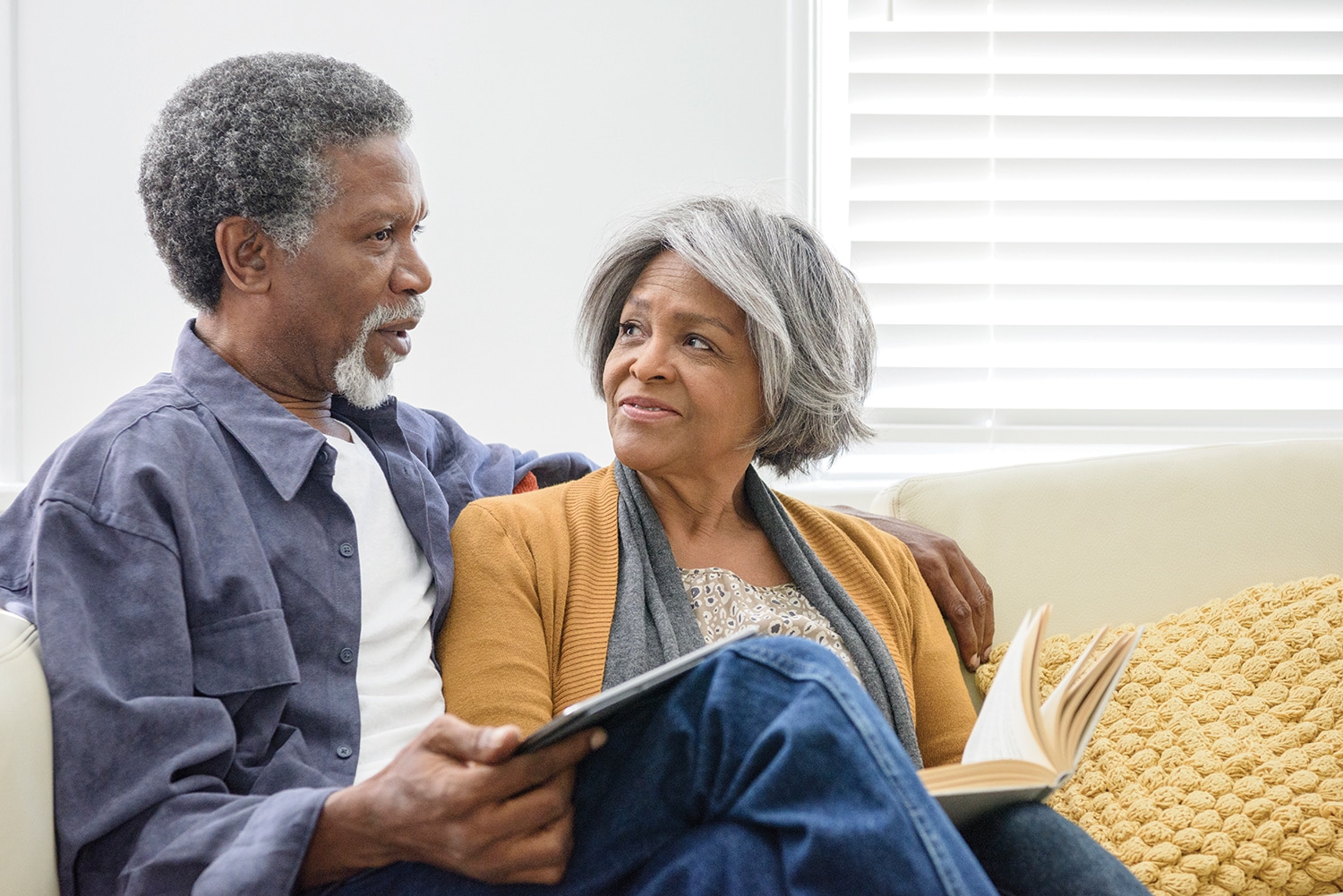CANCER PATIENTS ARE OFTEN AWARE that a clinical trial may be a treatment option. But their caregivers may not know that they also are needed in clinical trials.
Clinical trials for caregivers often aim to identify the best ways to help caregivers cope with the stress they face tending to a loved one. Some studies enroll both cancer patients and their caregivers.
Find Clinical Trials for Caregivers
Are you a caregiver who is interested in a clinical trial? Talk to your loved one’s cancer care team. You can ask:
- Do you work with any researchers enrolling family caregivers in clinical trials?
- Can you help me find a caregiver clinical trial?
- Can you refer me to someone who is conducting a trial?
You can also look for trials on these websites:
There are about 44 million unpaid family caregivers in the United States caring for family members with a range of health issues, according to the Family Caregiver Alliance. They devote about 33 hours a week to doing personal things for loved ones like feeding and dressing; coordinating and monitoring medical care; giving drugs and managing side effects; and performing other medical or nursing tasks, according to a 2016 report from the National Alliance for Caregiving.
“There’s more awareness now of the needs of the family caregiver,” says Sherry Chesak, a nurse-scientist at the Mayo Clinic in Rochester, Minnesota. This recognition stems in part from changes in how care is provided. “Care emphasis has shifted from inpatient settings,” explains Chesak. “We want the patient to be at home as much as possible. Also, treatments have improved, so patients are living longer.”
Chesak is helping run a pilot study of 26 caregivers of patients with advanced cancer being treated at the Mayo Clinic. The study is evaluating a program called Stress Management and Resiliency Training (SMART), which was developed at the clinic. SMART has previously been studied in doctors, nurses, patients and other groups. The study will see whether the program, which includes a 90-minute small-group session, online follow-up and written resources, reduces caregiver stress.
At the University of Alabama (UAB) at Birmingham, nurse-researcher J. Nicholas Dionne-Odom and his team are conducting a caregiver study called Project ENABLE (Educate, Nurture, Advise, Before Life Ends) Cornerstone. The trial is seeking to enroll 60 caregivers of patients who are African American or live in a rural area. They must be caring for a loved one with advanced cancer who is being treated at UAB. The 24-week study will randomly assign the caregivers to a support program that includes six telephone sessions plus follow-up, or standard care. The goal is to see if the ENABLE support program helps caregivers manage the problems they face.
Dionne-Odom says he thinks most caregivers enroll in clinical trials hoping to help future caregivers or to benefit themselves by, for example, learning new coping skills. For caregivers, he says, a clinical trial may mean “a chance of getting some support.”
Cancer Today magazine is free to cancer patients, survivors and caregivers who live in the U.S. Subscribe here to receive four issues per year.





